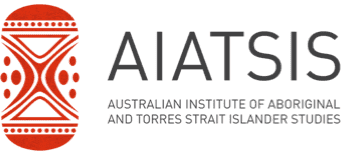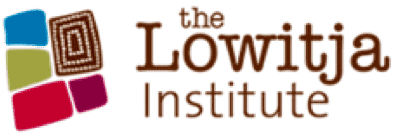See our privacy policy to find out how AIGI handles your personal information.
To help Aboriginal and Torres Strait Islander corporations understand what Data Sovereignty means and why it matters...

To help Aboriginal and Torres Strait Islander corporations understand what Data Sovereignty means and why it matters...
Take your grant writing skills to the next level! In this 2-hour practical session, we’ll focus on developing stronger proposals...
This session explores the Chairperson’s role in leading strong, culturally grounded governance...
Let us help you build confidence and practical skills in participating board meetings...
Let us help you build confidence and practical skills in participating board meetings...
This engaging session will feature inspiring guest speakers from diverse Indigenous cultures, exploring how artificial intelligence intersects with Indigenous rights and futures...
We'll explore Two-Way governance and how to balance cultural obligation with corporate responsibilities in this webinar...
This practical webinar is perfect for anyone wanting to build confidence and skills in securing funding for their projects...
Build your confidence in understanding what financial reports really say about your organisation’s performance...
Foundation-level session that helps board members build confidence in their financial and legal responsibilities...

Reconciliation Australia
AIGI is an independent, non-government, not-for-profit organisation that is a centre of knowledge and excellence in governance.
.png) Reading list
Reading list

Reconciliation Australia was established in 2001 and is the national body for reconciliation in the nation. We are an independent not-for-profit organisation that promotes and facilitates reconciliation by building relationships, respect and trust between the wider Australian community and Aboriginal and Torres Strait Islander peoples.
Our vision of national reconciliation is based on five critical dimensions: race relations, equality and equity, institutional integrity, unity and historical acceptance. These five dimensions do not exist in isolation; they are inter-related and Australia can only achieve full reconciliation if we progress in all five.

Ms Michelle Deshong draws connection to Kuku Yulanji nation in North Queensland. She is the CEO of the Australian Indigenous Governance Institute. Michelle will share insight into local and global perspectives of Indigenous Governance excellence. the first state or territory to recognise Reconciliation Day
The Indigenous Governance Toolkit is an online resource developed for Indigenous nations, communities, individuals and organisations searching for information to build their governance.
It covers all the basics – your rules, values, culture, membership, leadership, and decision making – and has many examples of ideas that work from other groups, tools to help you get started, and useful guidance to sustain your efforts.
Mick Dodson speaks about Governance


Contact Details
51 Lawson Crescent, Acton Peninsula, Acton ACT 2601
t (02) 6246 1111

Contact Details

Contact Details
Suite 1, Level 2, 100 Drummond St, Carlton, Victoria, Australia 3053
t 03 8341 5555
f 03 8341 5599
Stay connected
Stay informed with AIGI news and updates.
See our privacy policy to find out how AIGI handles your personal information.
